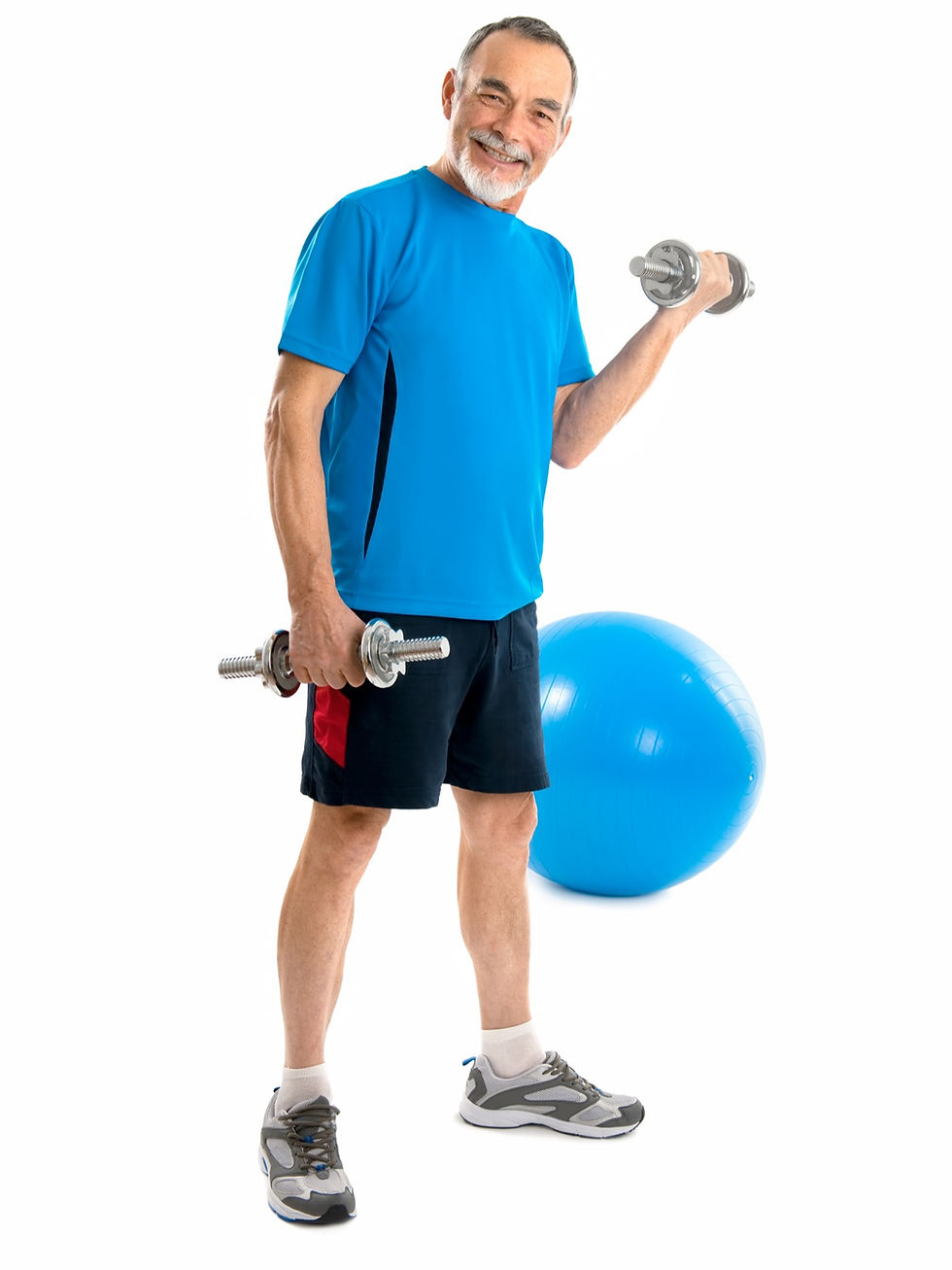Arthritis: Light At The End Of The Tunnel
- Shane Lawless
- May 26, 2020
- 3 min read
Updated: Jul 28, 2020

With the outbreak of COVID-19, many people’s routines have been dramatically affected. Although summer generally provides a relief of arthritic symptoms, lifestyle change or break up of routine may limit this. When the body’s routine is changed it is quite common for people to suffer more with aches and pains.
What is arthritis?
Arthritis is an inflammation of the joints that causes pain and immobility. Around 900,000 people in Ireland are affected. There are over 100 types of arthritis with Osteoarthritis, Rheumatoid and Fibromyalgia being the most common. It is not just elderly people that are affected, the average age of diagnosis is 35. And for many people such a diagnosis can be overwhelming.
Although arthritis cannot be cured the good news is it can be controlled. And controlled well. Research has shown that the best way to control arthritis is with a structured plan that includes regular exercise.
One of the most challenging and important elements of a successful exercise regime is maintaining a regular cycle all year-round. This can be especially difficult when lifestyle changes occur, especially dramatic ones in recent months. People may have switched to working from home, been unable to access gyms, swimming pools, restricted on how far they can walk/run, forced to cocoon etc.
Why is exercise so important?

Often, I meet patients in the clinic that tell me they are afraid to exercise because they “have arthritis” and “don’t want to make things worse” or “do more damage”. Others are “not sure what exercise to do” or have “tried it before and it only caused more pain”. But when we delve into their routine and structure it is all over the place. Examples include going out to walk the mini marathon with little or no preparation done or spending a full day doing heavy duty gardening.
If managed correctly, exercise can help you improve your health and fitness without hurting your joints. Research shows that people with arthritis who exercise regularly get significant symptom relief, giving them a far greater quality of life.
In fact, did you know that you are 'feeding' your joints when you're active? Cartilage and bone depend on joint movement to absorb nutrients and remove waste.
Where do I start and what if I have pain?

Talk to your chartered physiotherapist before getting started to help you avoid an injury through over-doing it. There is a difference between muscle pain and joint pain, a physiotherapist will help you distinguish between the two.
Strengthening exercises are important for everyone, but especially for people with arthritis, Many people become less active when they develop arthritis because of the pain and fear of causing damage. This can lead to muscle wastage which creates more stress on joints. By developing strong muscles, joints become more stable and activities such as walking and climbing stairs are easier.
Other Benefits…
Did somebody say weight loss?
Maintaining a healthy body weight is another important part of arthritis management. Did you know that losing one pound of excess weight decreases stress on your knees by four pounds?
By increasing physical activity, you can make a difference to your joints through weight loss while also reaping the rewards of the many other benefits of exercise including increased energy to get through the day, reduced risk of other chronic conditions, improved sleep, stronger heart and lungs.
To learn more, or speak to one of our physiotherapists email physio@reflexphysiotherapy.ie or call 087-6156270.

Comentarios